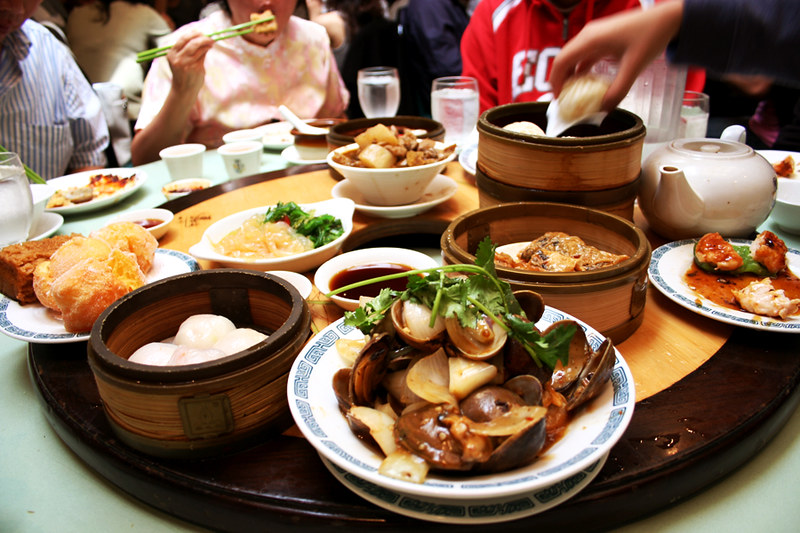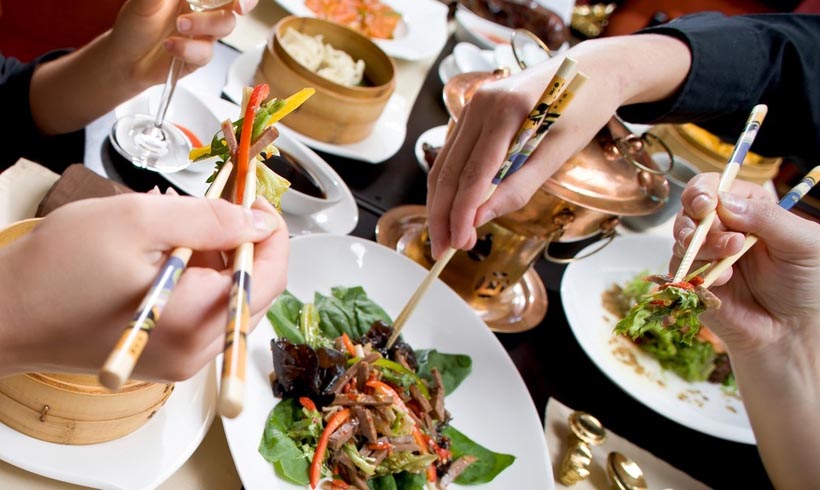20 Top Pieces Of Advice To The Best Food Destinations in China
Wiki Article
Top 10 Tips To Bargaining Etiquette When Shopping In China
1. Tips: Negotiate higher by starting low and being courteous. To demonstrate that you're serious, be respectful and firm.Pro: Helps establish your position without offending the seller.Cons The idea of starting too low can make sellers unhappy with items that have lower margins.
2. Find out the market valueTo avoid spending too much, research the cost of a typical purchase before you make a purchase.Pros: It prevents fraud and helps build confidence in negotiations.Con: It is time-consuming to research, particularly for handmade or unique products.
3. Show Genuine EnthusiasmTips: If you are convinced that you are genuinely looking to buy, sellers are more likely to bargain.Pro: Builds rapport with the customer and increases the likelihood of getting the best price.A frenzied attitude could indicate a willingness to spend more, which could compromise your standing.
4. Take a step back strategicallyWalking slowly away when you're unable to make the price drop is a good tip. Sellers might call you back and offer a higher price.Pro: It's an effective tactic to negotiate the most favorable price.Cons: This may be counterproductive If the seller doesn't want to reduce the prices, particularly for items which are highly sought-after.
5. Learn Basic Mandarin PhrasesTip: Phrases like "Tai gui le!" (Too expensive!) "Pianyi Yadian Ba" (Can it be less expensive?) Show you put in.Pros: Negotiations become more personal. Sellers are usually more open to negotiations.Cons: Limited words may not be helpful in complex discussions.
6. Be patient and calmTips: Negotiations may take time. Keep a calm demeanor to avoid appearing desperate.The pros: Sellers typically give better deals to buyers who are persistent and calm.Con: It takes an enormous amount of effort and time in order to be successful, especially if you are in crowded markets.
7. Bring CashCash payments are often preferred by sellers over payment methods that are digital.Pro: Cash offers made immediately can get discounts, especially with small sellers.Contraint: Carrying cash could be risky in busy markets due to pickpockets.
8. Group DiscountsTip: Ask for bulk discounts when purchasing multiple products.Pro: Increases bargaining power resulting in a better offer.Cons: You may need to purchase additional items that don't always meet your needs.
9. Do not be afraid affirm noTip: Politely decline and leave if the seller does not agree to lower the price to within your desired range.Pros: It reduces buyers' remorse. It also helps you stay in your financial limits.Cons: You could not get the item you really wanted.
10. You Should Never BargainDon't bargain at department stores or in high-priced boutiques.Pros: Reduces embarrassment while maintaining cultural respect.Limitations on your negotiation options when you are in certain settings
Benefits of Bargaining in ChinaNegotiating costs can be a great method to save money.Culture: Bargaining gives the chance to learn about local customs, traditions and cultures.Personal Interactions - Builds a bond with local vendors.Cons of Bargaining in the Chinese MarketIt can take a significant amount of time, particularly for those who are not experienced.Language barriers can lead to communication difficulties.Stressful for Some: Not everyone enjoys the back-and-forth of bargaining.You'll be able explore Chinese markets and negotiate with ease once you master these tricks! See the top rated authentic tastes of China for site advice including uncover China food traditions, explore local Chinese cuisine, discover Chinese street food, a guide to eating like a local in China, a guide to eating like a local in China, experience traditional Chinese food, China culinary heritage, culinary tours of China best cities, discover China culinary delights, top Chinese food experiences and more.

Top 10 Tips About Fees And Photographic Rules When China Temples
1. Be Prepared to Pay Entrance FeesTip: A lot of famous Temples charge an entrance cost that could range between Y=20 to Y=200. For a budget-friendly trip, research ticket prices before you visit.Pro tip: Avoid unexpected costs by preparing the correct amount of cash and the digital payment.Con: Unexpected extra costs, like special exhibition fees, may arise.
2. Bring Cash or Electronic PaymentsYou can only pay in cash at some temples or with the most popular Chinese payment methods like WeChat Pay and Alipay.Pro: Easy entry and payment without the need for delays.Cons: There aren't many options for payment options for foreigners who aren't familiar using digital applications.
3. Be on the lookout for signs that refer to photography.Find signs to indicate whether or not photography is allowed. A lot of temples prohibit photography within the sacred artifacts' sanctuaries or within the temples.Pro: It deters accidental disrespect or violation of rules.Con: There may be different rules within temples in different areas that require special care.
4. Avoid Flash PhotographyTips: Even in places where photography is allowed, avoid using flash, as it can damage artifacts and disturb worshippers.Pro: It protects the temple's art and environment.Poor lighting can lead to poor photos.
5. Be respectful of the privacy of worshippersDo not take pictures of people doing religious rituals and praying without their permission.Pro: Respects personal space and cultural sensibility.Con The ability you have to capture the atmosphere of a temple may be a bit limited.
6. Make sure you follow Drone RegulationsTip. Drones are not generally allowed in temples. Check local regulations for using one to capture aerial shots.Pro: Avoid fines or confiscation.Cons: It restricts the possibility of capturing distinctive angles.
7. Be ready for any additional costsTips: Some temples charge extra for photography permits, particularly for professional equipment like DSLRs or tripods.Pro: Ensuring you capture high-quality images legally.Cons: Added to trip costs
8. Dress in a modest mannerDress respectfully when you visit temples. Unsuitable dress code could result in you being refused entry or being restricted within certain zones.Pros: You'll be able to blend in and show respect to the sacred setting.Con: It may be necessary to add preparation in warmer weather.
9. Avoid crowds when taking photosTIP Beware of crowds by going early in the morning, or late in afternoon. It is much more straightforward to shoot photos without obstructions.Pro: Enhances the quality of images and experiences.Con: This could require you to alter your schedule. This isn't always convenient.
10. When Unsure, You Should Get permissionConsult the temple staff and signposts regarding rules when you're in doubt.Pro: You will be sure to avoid accidental rule violations.Con: Language barriers might make communication difficult.
Pros and cons of observing fees and photography rulesRespect for Cultural Values Affirmation of the local customs and beliefs.Artifact Preservation: This helps protect fragile artwork and buildings.Positive Experiences Avoiding confrontations with temple staff and worshippers.Legal Compliance: Avoids fines and penalties for violating photography rules.Cons of Following Fees & Photography RulesCosts increase: Additional charges, such as for permits or entry fees, could add up.Limitations on Creativity: These limitations can make it difficult to shoot the perfect shot.Language Barriers - Having difficulty understanding signs or communicating with local staff.The process of researching can be time-consuming planning ahead requires more effort and extra time.Respecting the fees and rules for photography will ensure you enjoy a relaxing peaceful, respectful and legal trip to China's beautiful temples, while maintaining their spiritual and cultural integrity. Follow the recommended Chinese food you must try for website advice including taste the best dishes across China, China flavorful food culture, top Chinese food experiences, famous foods in China cities, China culinary heritage, regional Chinese cuisine highlights, a guide to China food scene, a guide to China food scene, China food heritage revealed, taste your way through China and more.
